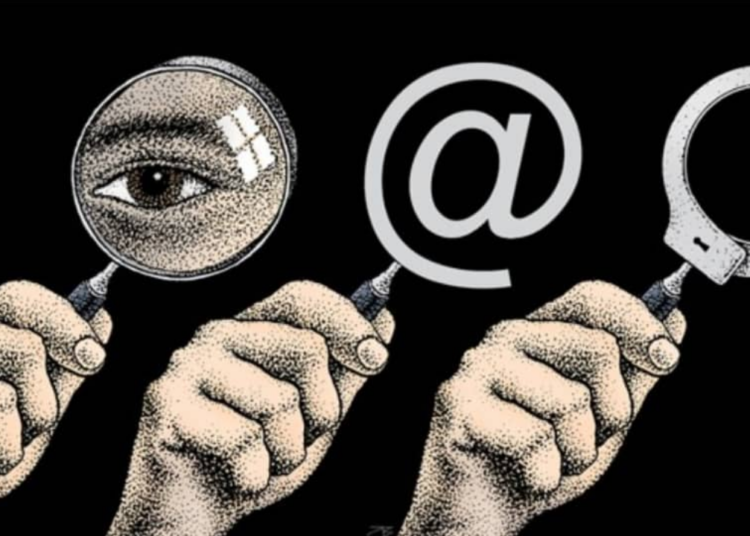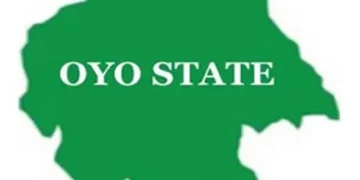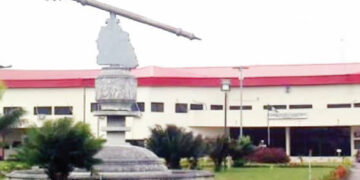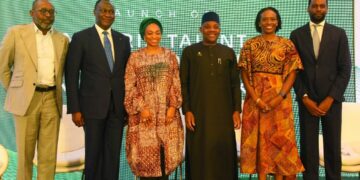The Nigerian Press Organisation (NPO) has constituted a new Ombudsman mechanism with the announcement of a nine-man board of the National Media Complaints Commission (NMCC), known as the National Ombudsman.
The commission, according to a statement by the President of the Newspapers Proprietors Association of Nigeria (NPAN) and NPO, Mallam Kabiru Yusuf, was a major step by the industry to strengthen public confidence in the media through the prompt resolution of issues bordering on ethical breaches in media content.
The commission members, drawn from the media, bar, academia, and civil society are Mr. Emeka Izeze, former Managing Director of Guardian Newspapers (Chairman); Mr. A.B. Mahmoud (SAN), former President of the Nigerian Bar Association (NPA) and a member of the Body of Benchers, and Prof. Chinyere Stella Okunna, Deputy Vice-Chancellor (Academics), Paul University, Anambra State.
Other members include Dr Hussaini Abdu, a Development and Humanitarian Specialist and Country Director, Care International (Nigeria); Mr. Lanre Idowu, Editor-in-Chief, Diamond Publications Ltd and Founder, Diamond Awards For Media Excellence (DAME); Mr. Edetaen Ojo, Executive Director, Media Rights Agenda (MRA); Mrs. Dupe Ajayi-Gbadebo, a Journalist, Lawyer and Arbitrator; Mrs. Eugenia Abu, Broadcaster, Author and Columnist and Managing Partner/CEO, Eugenia Abu Media, and the Chair, House of Representatives Committee on Information.
The commission will serve as an independent forum for resolving complaints about the press quickly, fairly, and free of charge; maintain high standards of Nigerian Journalism and journalistic ethics, and defend the freedom of the press and the rights of the people to know.
The NPO, comprising NPAN, the Nigerian Guild of Editors (NGE), and the Nigeria Union of Journalists (NUJ), facilitated the constitution of the new commission with other strategic media players and the civil society organisations, including the MacArthur Foundation.
Prior to the announcement, each media house had been directed to institute at the newspaper level, the local Ombudsman.
The National Ombudsman will serve as an appellate body for the local Ombudsman as well as a court of first instance.
LEADERSHIP recalls that in November 2022, the Nigerian media industry adopted a new co-regulation and code of ethics to address ethical and professional concerns in the industry.
The decision was reached at the end of a media roundtable organised on Monday, November 14, 2022 by the NPAN in conjunction with NGE, NUJ, Broadcasting Organisations of Nigeria (BON), and the Guild of Corporate Online Publishers (GOCOP).
Media chiefs and operators at the roundtable had noted that the success of the co-regulation would be achieved via a workable enforcement mechanism.
To achieve co-regulation, the NPO would work together to make the co-regulation system effective, particularly through the establishment of the ombudsman at local and central levels.
This was contained in a communique issued at the end of the media roundtable convened within the context of the imperative of a strategic response to the challenge of institutionalising self-regulatory mechanisms by the media for the media.
The communique was jointly signed by the president, NPAN/NPO, Mal. Kabiru A. Yusuf, FNGE; president, NGE, Mustapha Isah; president, NUJ, Chief Chris Isiguzo, MFR; president, GOCOP, Maureen Chigbo, and the executive secretary, BON, Dr. Yemisi Bamgbose.
The communique noted that efforts must be made to avoid the creation of bureaucratic structures that may have high-cost implications and therefore constitute obstacles to the efficient operation of the ombudsman.
The communique reads in part: “That sanctions for the violation of ethical codes and professional standards shall be determined by the Ombudsman, guided by the regulation.
“That media professional bodies and associations shall partner with media organisations to give wide publicity to the decisions of the Ombudsman,” the communique said.
On the revised Code of Ethics of Journalists in Nigeria, the communique noted that a bill of rights would be incorporated into the revised code to address concerns over some industry practices that tend to undermine the welfare and safety of journalists.
The communique also said: “That the revised code shall protect investigative journalism by making the public interest exception to instances where undercover methods may be used to obtain information.
“That the revised code shall distinguish between paid content and editorial content to preserve editorial integrity; and a new clause would be inserted to obligate journalists to promote the right of the people to know, freedom of the press and responsibility.”
The roundtable had two technical sessions in which presentations were made on “Pathway to Co-regulation through an Ombudsman Framework”.
Speaking at the event, the Editor-in-Chief/Senior Vice Chairman of LEADERSHIP Group Limited, Mr Azu Ishiekwene, based his presentation on the report of the committee of the NPO comprising NPAN, NGE and NUJ instituted in May 2021.
The committee was mandated to develop a framework for a generally acceptable, workable, and trusted self-regulatory platform for the industry, both at the local and central levels.
The second presentation was on “A Guide through the Revised Code of Ethics for Nigerian Journalists” by the editor-in-chief, Diamond Publications/founder of the Diamond Awards For Media Excellence (DAME) Trust Fund, Mr Lanre Idowu, FNGE.
The revision of the existing code was predicated on the observation that the existing 1998 code is “outdated, not robust enough, (and) too general in nature.”
The committee was mandated to develop a framework for a generally acceptable, workable, and trusted self-regulatory platform for the industry, both at the local and central levels.
The round table is coming against the background of attacks on press freedom and media independence including through legislation by the government following the wrong perception that the media is unwilling to regulate itself; the poor state of compliance with ethical and professional standards by some journalists and editors; and the pollution of the information sphere by disinformation and misinformation.
The aim of the roundtable, supported by Daria Media and the MacArthur Foundation, was to obtain media stakeholders’ buy-in of the Ombudsman framework and the revised Code of Ethics of Journalists in Nigeria.





